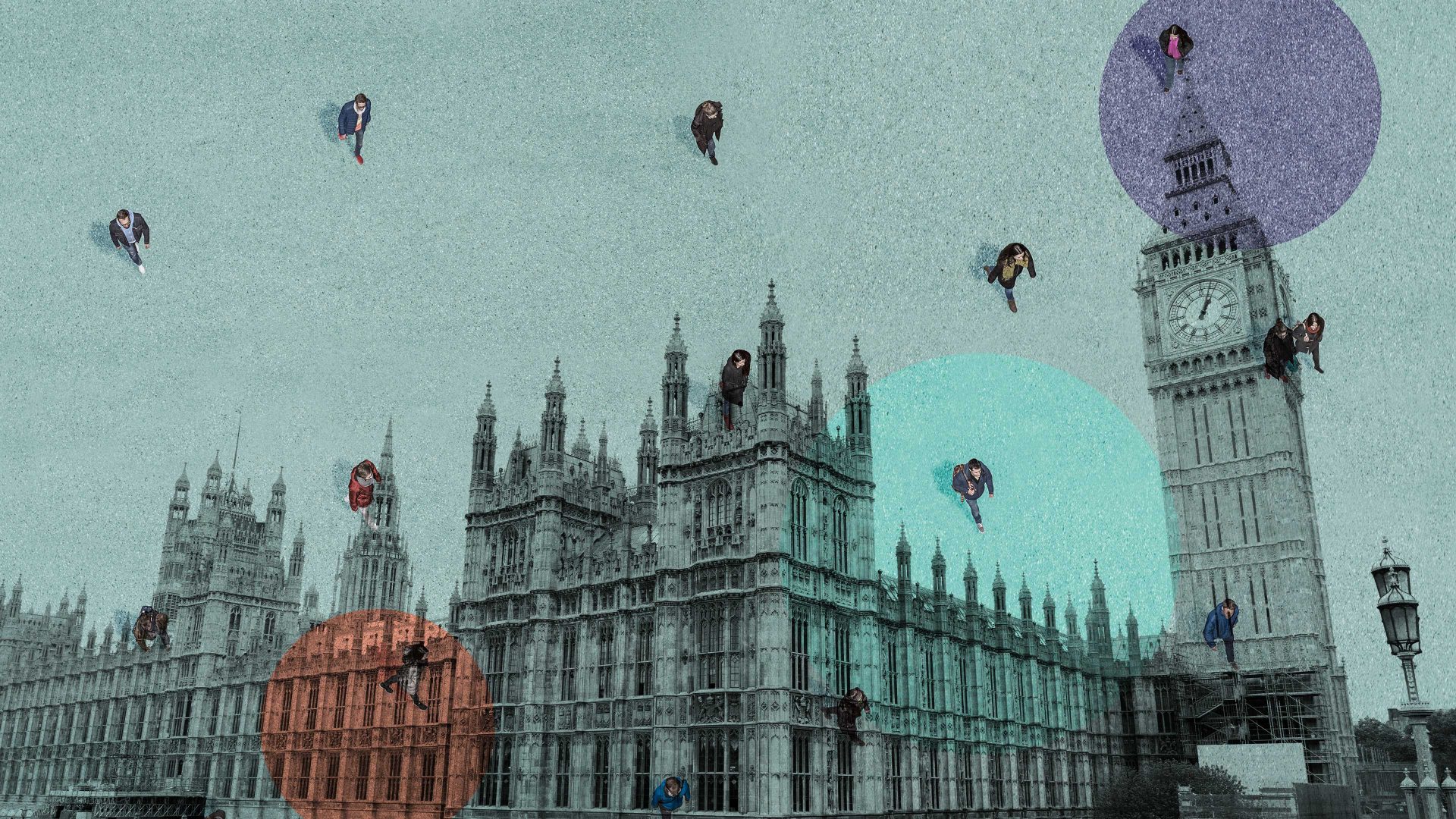Hypocrisy is never a good look and Sir Keir Starmer’s government has assumed it so often that it is beginning to seem permanent. The resignation of housing minister Rushanara Ali, accused of acting against the interests of those she had claimed to be helping, is only the latest in a string of damaging accusations against a government which was supposed to be the moral opposite of Boris Johnson’s administration.
Ali’s explanation that “at all times I have followed all legal requirements” sounds simply pathetic, the letter of the law being the last refuge of those who know that their behaviour does not stand up to moral scrutiny. It seems likely that, in not renewing her tenants’ lease, claiming she intended to sell the house she had rented to them and then, months later, putting it back on the lettings market at a rent 20 per cent higher, she did comply with the letter of the existing law.
But she was the minister charged with improving the position of people who do not own a home, steering the long-awaited Renters’ Rights Bill into law. Her actions certainly don’t look in line with her expressed criticism of “private renters being exploited” and they would be unlikely to be perceived as such in her constituency of Bethnal Green and Stepney, which has the highest rate of child poverty in London.
At least Ali resigned almost immediately the episode came to light. It took a little longer for Tulip Siddiq to step down but it became inevitable: a City minister facing trial for corruption is not really tenable, even if the trial is in Bangladesh and relates more to actions of Siddiq’s aunt, that country’s ousted prime minister, than the land that Siddiq accepted from her.
Another minister, Louise Haigh, had already stepped down from her transport brief after allegations of a fraud in her career before politics came to light.
Since most people have a small skeleton or two hidden away in their cupboards, the public is generally forgiving about long ago misdemeanours. Once they move into public office however, higher standards are expected. Some countries are prepared to draw a distinction between the public and private lives of politicians, with the French being renowned, and often admired, for their tolerance on this count.
The British have been more ambivalent. Sometimes, they were completely in the dark about what was going on: prime minister HH Asquith’s extraordinary affair with Venetia Stanley, in which he shared state secrets with his much younger lover, is barely fictionalised in Robert Harris’s ‘Precipice’ and would certainly have been a major scandal had it been exposed.
But when John Major’s Conservative government publicly and loudly espoused a “back to basics” approach to family values only for the culture minister, David Mellor, to be exposed as enjoying an extra-marital affair, his political career was over.
Boris Johnson seemed to be widely indulged rather than criticized for his somewhat laissez faire approach to relationships but his health minister had to step down once CCTV cameras caught him indulging in an amorous embrace with his advisor, who turned out to be a very special advisor to him. His inept handling of much of the Covid pandemic would have been ample reason to have justified his departure, as subsequent revelations have proved.
It is always dangerous for a government to promise that it will operate entirely in the moral high ground, given that members of its administration will always be fallible – normal – individuals. Tony Blair made that mistake, pledging “the highest standards of honesty and propriety in public life” and then having to explain how his party had accepted a donation of £1 million from the boss of Formula One just before the election that made him prime minister and thus able to take a government decision in favour of the sport. “I’m a pretty straight sort of guy,” he pleaded, but the public was not entirely convinced.
Suggested Reading

How Britain can make it
Johnson was never perceived as “a pretty straight sort of guy” and did not try to be, but his consistent failure to stick to the rules or tell the whole truth pushed public indulgence beyond its limits over Covid. His outright incompetence at governing a country was appalling, but his consistent flouting of rules which his government was imposing on a country that was trying to get through a crisis was too much for even his fans to tolerate.
As this became apparent, Keir Starmer saw an opportunity to position himself and his party as the polar opposite and, in 2022, as leader of the opposition, he spelt out his “contract with the British people” which would include those same high standards that Blair had promised. “Just when trust in government has become a matter of life and death, for the prime minister it has become a matter of what he can get away with,” Starmer said. As the former director of public prosecutions, a far from flamboyant lawyer, he looked like a man who could deliver a more ethical approach to government.
It was therefore a little unfortunate, to say the least, that shortly after he had become prime minister, it became apparent that he and his wife had accepted gifts of clothing that could have stepped out of a fashion magazine from Lord Ali. Even more damaging, the Labour peer had also provided Starmer with fashionable new spectacles at a cost of £2,435.
This figure is so mind-blowing to people struggling to get by on an average income, let alone those waiting for an appointment to get their NHS glasses, that it is the specs that have left a lasting impression on the public. No matter that Lord Ali has been reimbursed and Starmer has promised that he and his ministers will not accept such gifts in the future, the damage had been done.
Then his deputy, Angela Rayner, became embroiled in an argument over whether or not a property she owned and sold was actually her main home or a second property, therefore incurring a tax bill. It was eventually decided that her behaviour, just like Ali’s, had been within the law.
And when Rachel Reeves, the Chancellor, exaggerated her CV to build up her credentials for running the country’s finances, it was simply a misjudgment, as was her failure to give credit to the people whose work she had plundered to write her book on economists.
This is beginning to look like a pattern. A government that came to office promising to be the antidote to Johnson looks increasingly flawed. Starmer should take note of the words of William Hazlitt: “The only vice that cannot be forgiven is hypocrisy. The repentance of a hypocrite is itself hypocrisy.”




